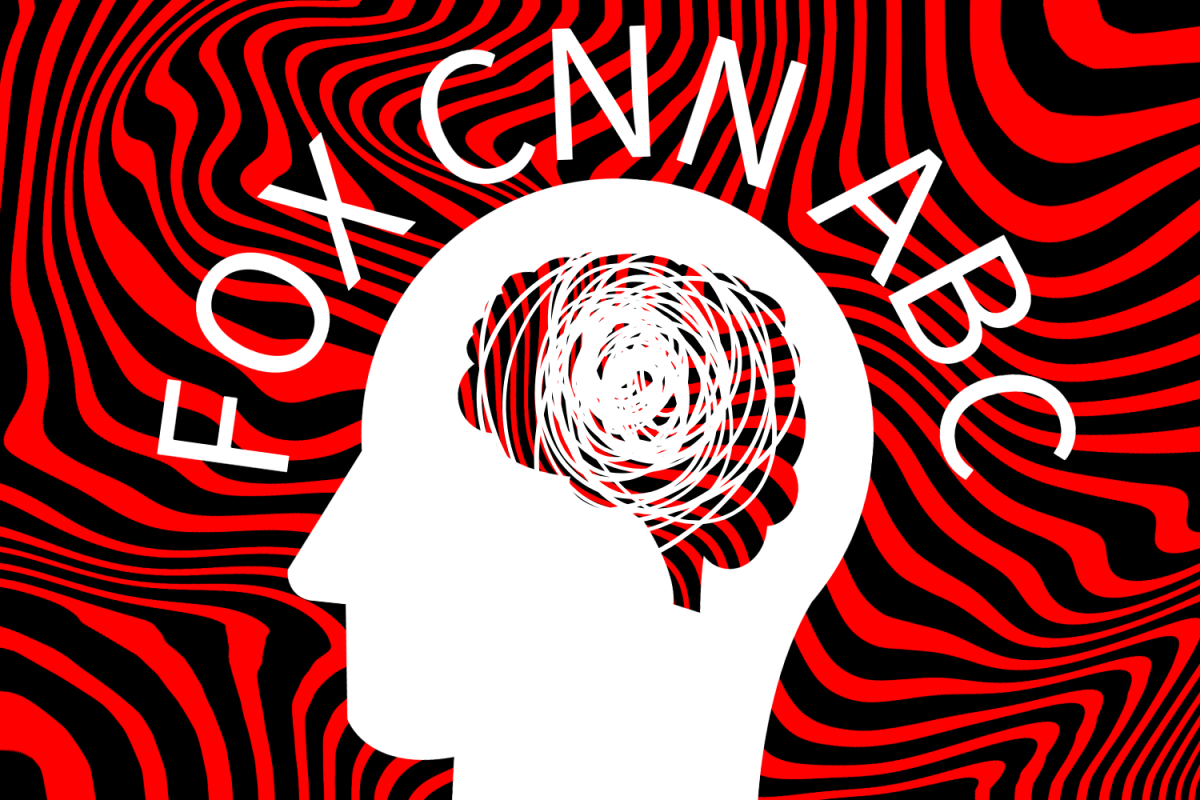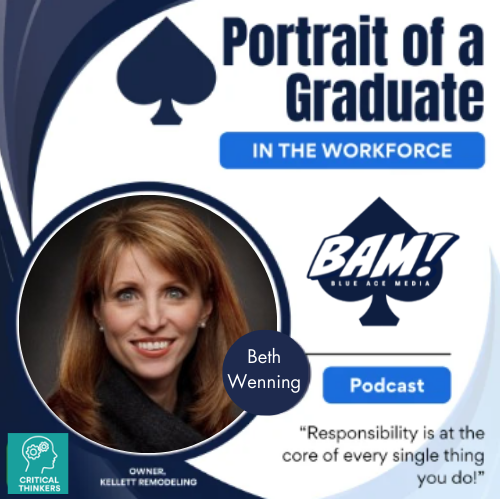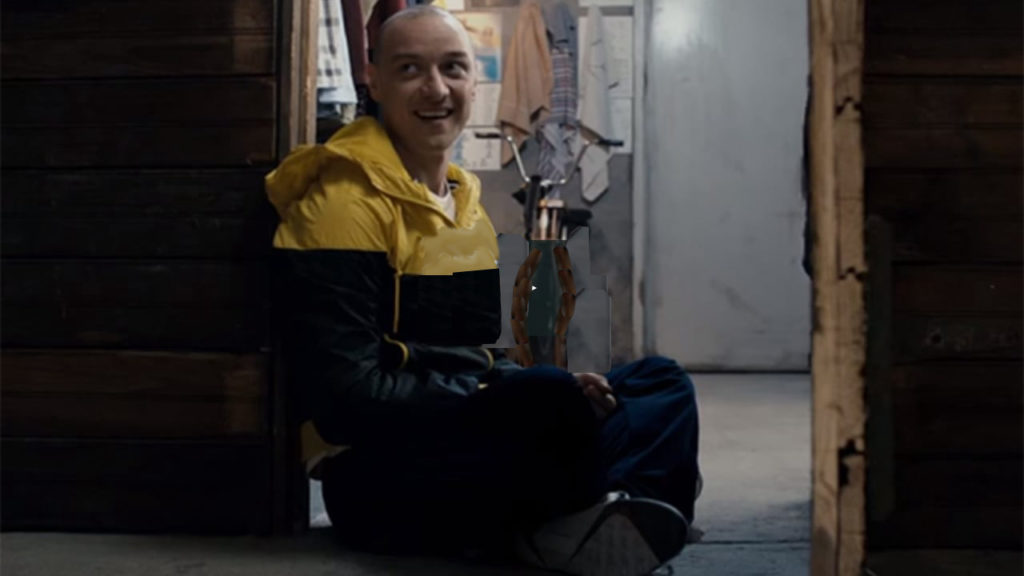BY MACKENNA FINLEY (’17)
Night Shyamalan’s new movie Split, set to premiere January 20th, has all the makings of a great thriller. From the Twisted criminal to the unsuspecting victims, the chilling story sets itself up for success with his eager fans and followers. However, this movie has a reach far beyond the box office.
According to research conducted by David Spiegel, MD, and the Stanford School of Medicine, approximately 1.5% of the population suffers from dissociative identity disorder, the illness that the antagonist in Split suffers from. Although this may seem small, this statistic suggests that 4.78 million individuals suffer from dissociative identity disorder in the United States alone. This means that as commercials depicting the illness as dangerous, murderous and frightening fill screens in houses and theaters all over the nation, 4.78 million men, women and children are being vilified for an illness they did not choose. 4.78 million Americans are watching as the crippling stigma that has haunted them is intensified for entertainment value.
Dissociative Identity Disorder stems from a traumatic event, usually taking place in the victim’s childhood or early life. The separate identities develop as a method of coping with, or escaping that trauma. With this understanding, we can see that the victim’s of DID are people who have known intense pain, pain that has forced them out of their own minds and shattered their realities. They are not monsters, or criminals, or people to be feared. They are just people, and with the proper medical attention and treatment, they can go on to live normal lives.
Time and time again, victims of DID are depicted as murderers and monsters. In movies like Raising Cain, Fight Club, and upcoming Split, those with multiple personalities are portrayed as deranged and dangerous instead of suffering. It is this stigmatization of the illness in the media that perpetuates a culture of fear and judgment around people who are already facing hardship.
What I’m calling for is not a complete boycott of the movie, Split, which showcases the talent of director Shyamalan, and actor, James McAvoy. What I’m calling for is awareness: awareness that DID has a reach spanning beyond the movies, awareness that most of those suffering are not a danger and most importantly, that Shyamalan’s newest antagonist does not define Dissociative Identity Disorder. As January 20th approaches and anticipation for the film grow, audiences should keep in mind the 4.78 million Americans for whom it is much more than just a movie.










































